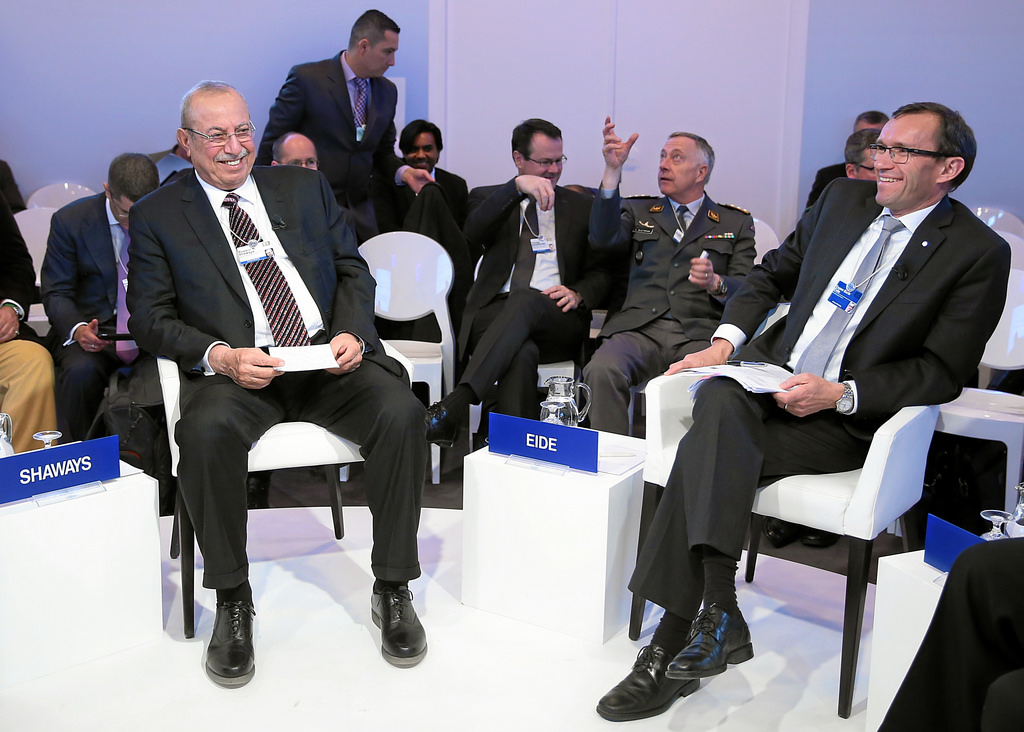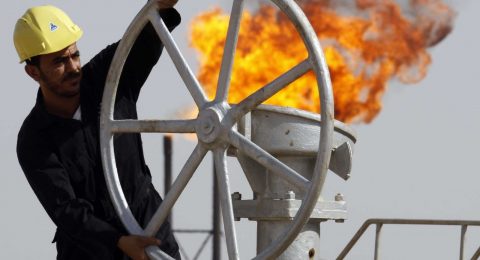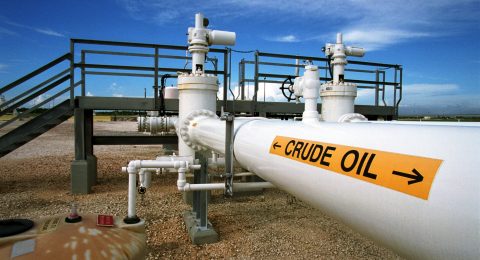Oil producers in Iraqi Kurdistan will have to close operations if they don’t receive agreed export payments, according to the regional authorities.
“We need to stabilize the payment situation,” Ashti Hawrami, natural resources minister for the Kurdistan Regional Government, or KRG, said Tuesday in London. “We can’t keep saying to oil companies: ‘Give us one more month.’ Eventually this will collapse around us. We need more money.”
Kurdish authorities in December resolved months of feuding with Iraq’s central government over who had rights to export crude from the semi-autonomous region. Nevertheless, payments to producers have remained haphazard as the two sides continue to debate terms, while a slump in oil prices and the exorbitant cost of fighting Islamic State militants have reduced available funds.
Norwegian producer DNO ASA said Tuesday that it can’t sustain investment and production levels if debts to the company aren’t paid.
Genel Energy Plc and Gulf Keystone Petroleum Ltd. also operate in the region.
The federal government currently takes all the revenue from the 550,000 b/d exported under the December agreement and returns a portion to the KRG. Its payments don’t even cover the cost of the civil service, including the Kurdish forces protecting the oil fields from militants, Hawrami said.
“If Baghdad is unable to pay, fine, let us find a better way to coordinate,” he said at a conference. “We are not going to fall out, but the oil companies have a limited capacity to produce for free.”
The central authorities contend that the two sides calculate the share of funds due to the KRG differently.
“The financial situation is a misinterpretation,” Falah Alamri, director-general of Iraq’s state-run Oil Marketing Co., said at the conference. “The KRG needs to sit with the government to resolve this issue.”
Iraqi Kurdistan, which exports its 550,000 b/d through Turkey, has expanded the capacity of its pipeline to as much as 700,000 b/d, Hawrami said. It’s also adding a new pumping station, meaning that within eight months the capacity will top 1 million b/d, he said.
“Both sides must keep up discussions to solve problems,” Iraq’s Deputy Prime Minister Rowsch Shaways said. “It will be much better when the KRG is delivering more oil and the Iraqi government pays the whole share. Until they do that there will be problems with both sides.”
Source: Bloomberg











